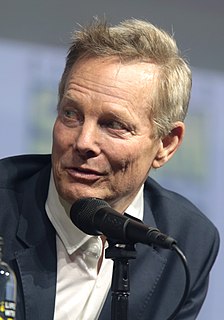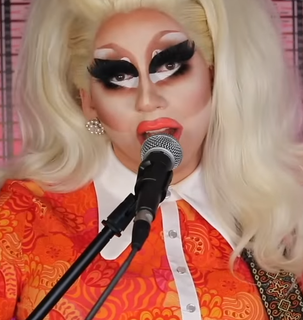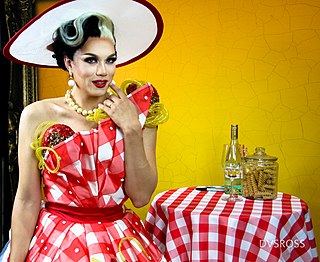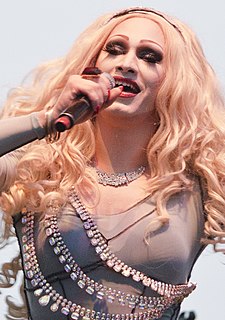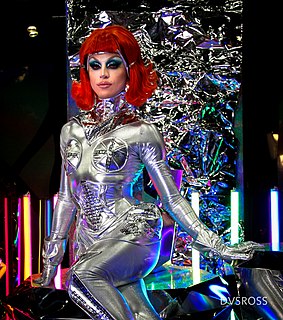A Quote by Bill Irwin
People ask me, 'Have you done much drag?' And I say, 'I don't think of it as drag. I'm playing a woman!'
Related Quotes
At the end of the day, I just love drag so much that it's not enough for me to be a successful drag queen. I want to do right by my drag community as a whole... creating opportunities for other performers, documenting and uplifting amazing drag, and generally just contributing a lot of love and respect to our fabulous little world!
I always say that drag queens are like an exaggeration of women, and I'm like an exaggeration of drag queens. People ask, 'Why do you do your makeup so differently?' and I always say, 'Well, in a subversive art form, ask yourself why so many drag queens do their makeup exactly the same.' If you can do anything, why does everybody do the same thing?
